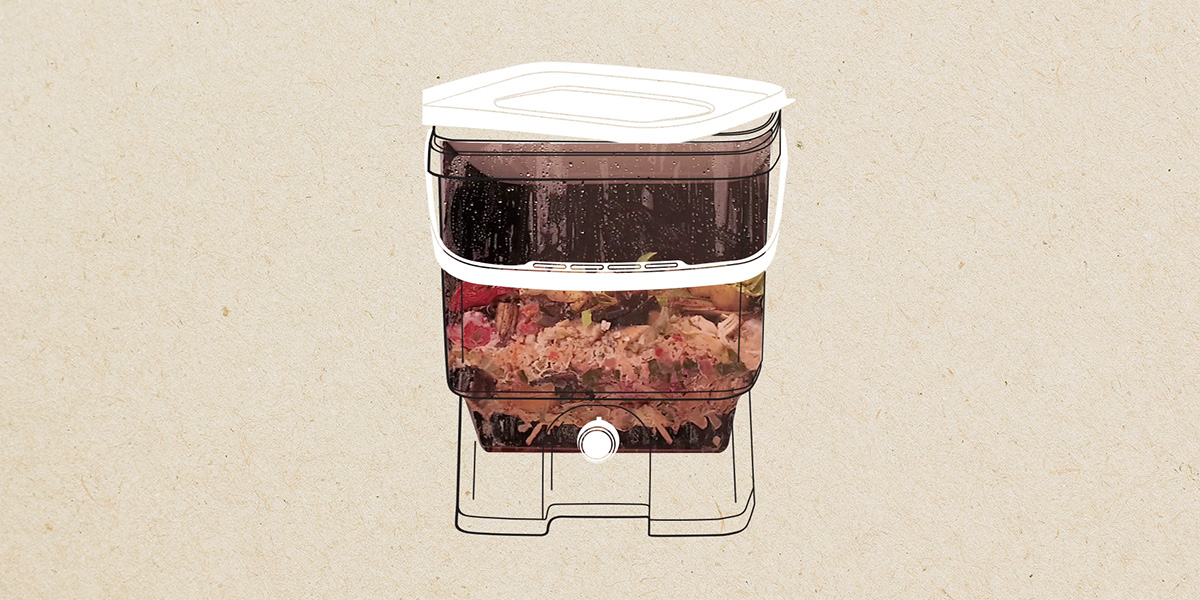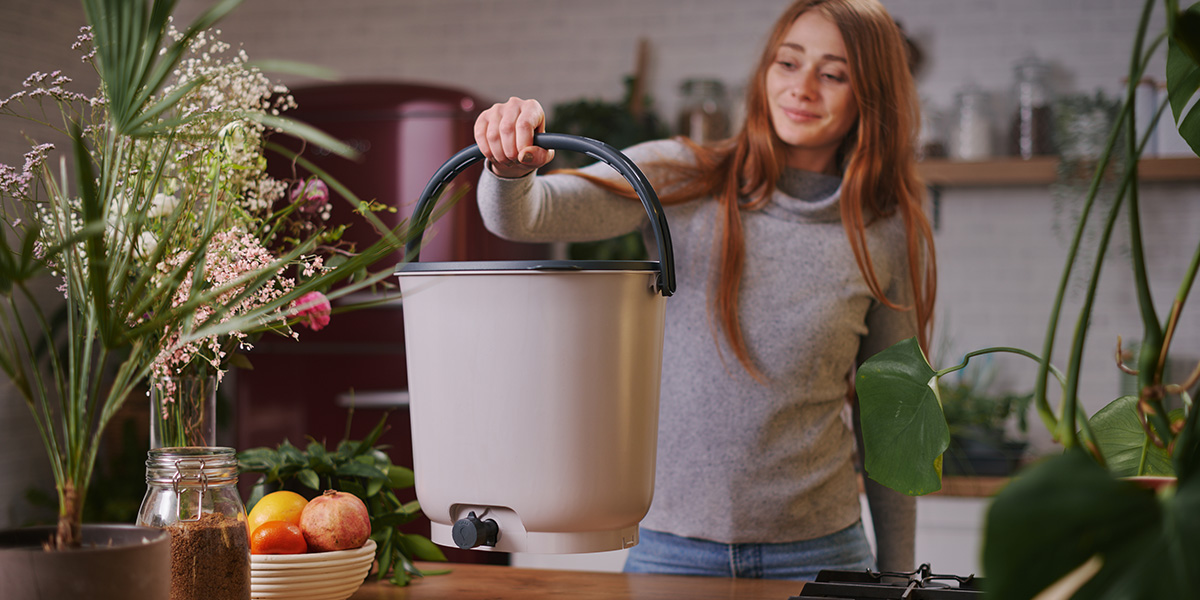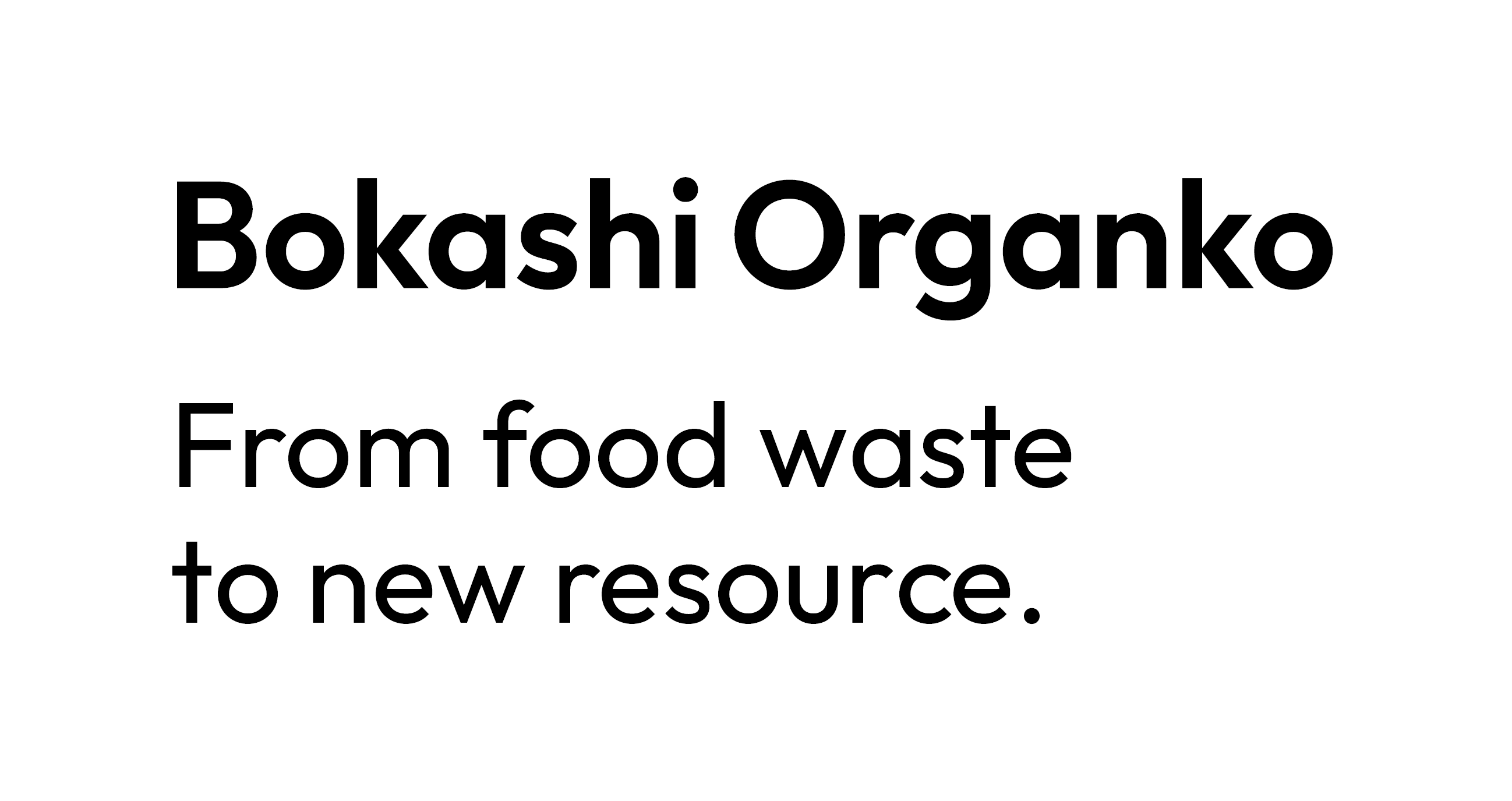Today, May 29, 2022, is Composting day. As such, we ought to talk about the composting process. Moreover, since children are the future of our planet, make sure to talk to them about the importance of the composting process and how it can help create a better future. Perhaps even try telling them a story about it. Moreover, since children love activities, we will tell you about a great option that seems to efficiently grab children’s attention. Of course, in order for you to be able to talk about the composting process, you need to know a thing or two about it yourself. And, what better way to go about that than covering some fun facts, right?
Fun facts about the composting process
- The composting process follows nature's way of decomposing organic material. The forest floor is a perfect example of how nature recycles leaves and plants to form mulch, which protects the soil. This organic material then decomposes into nutrients that feed forest plants.
- Composting turns organic waste into new resources. As such, we get to produce a nutrient-rich soil builder, which makes the gardens grow better.
- The composting process is easier to utilize than most people think.
- There are various composting methods to give people multiple options. Each of the methods has its advantages as such, many folks decide to combine them.
- When it comes to composting kitchen waste, properly collecting your food scraps is the starting point.
- There are three key factors to the composting process: type of material (brown:green ratio), moisture levels, and oxygen levels.
- What we normally consider pests play an important role in the composting process. Though the most vital work is done by effective microorganisms (EM).
- Composting is the best solution to prevent organic waste from ending up in landfills. Currently, more than one-third of all municipal waste is organic waste. Moreover, about 57% of it still ends up in landfills.
- Composting has been around for a long time. According to historians, the composting process has been utilized as far back as 12,000 years.
- Composting greatly benefits communities. It turns out that the composting process can have a much greater positive impact when people join forces.
- Compost has the power to help the ground recover from droughts. High-quality compost helps retain moisture.
- Not all organic material can be put in a compost pile. Furthermore, the exact organic material that is acceptable varies based on the type of the composting process.
- The most efficient and environmentally-friendliest composting method is actually fermentation. This fermentation process is known as Bokashi composting.
- Bokashi composting is able to process dairy products, meat, and even smaller bones. This fact alone makes the bokashi method extremely user-friendly when food scraps are in question.

The bokashi composting process
Going through the above interesting facts about the composting process, you had a chance to learn that the bokashi method is the most efficient type of composting. It is also our area of expertise, hence, it's only fitting to give it some extra attention.
For one, this type of composting is not aerobic like vermicomposting or traditional composting. As such, it requires airtight conditions. And, this is why using a proper bokashi composter is so important. Moreover, this is also why the bokashi method is also the best option for indoor composting - it’s a clean and neat way to collect an entire household’s organic waste. Furthermore, this also means that urban and rural dwellers alike can use this method to responsibly handle their organic waste.
What makes the bokashi composting process so efficient?
Since the bokashi composting process is actually fermentation, it creates a highly acidic environment inside the bin. As such, the anaerobic EM involved in the process are able to process a much wider range of organic material (as mentioned among the facts above). Moreover, thanks to airtightness, it emits about 20 times less CO2 compared to traditional composting. As such, when using proper bokashi composting bins, both the users and the environment get the better end of the deal.
We can’t think of a more appropriate time to dive deeper into the bokashi composting process than on Composting day. Hence, make sure to check out our free Bokashi Academy. This is also the place to connect with other environmentally-conscious folks and help close the #bokashiloop.

Get your children involved in the composting process
As promised in the introduction, there are some great activities that enable you to get your children involved in the composting process. If you have a garden or an outdoor space that you can use, we encourage you to build a traditional composting pile. Kinds will get some fresh air and learn an important lesson about proper organic waste management and how to keep the organic material in the loop. However, for all the apartment dwellers, we encourage you to give Bokashi Organko Essential a try and let your children in on it. Based on the feedback from Bokashi Organko users, kids love to take care of organic waste using this method. They especially enjoy sprinkling bokashi bran on top of new organic waste batch.
Happy, Composting day!


